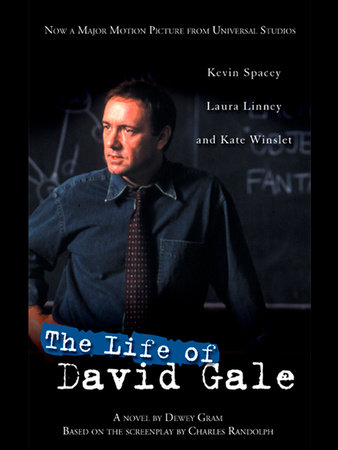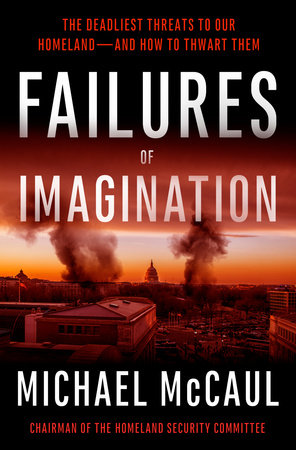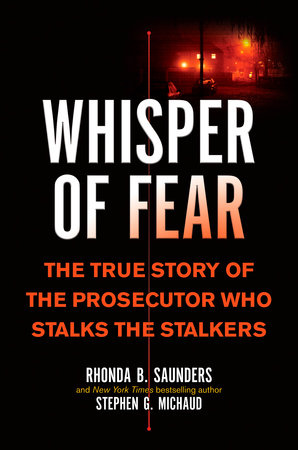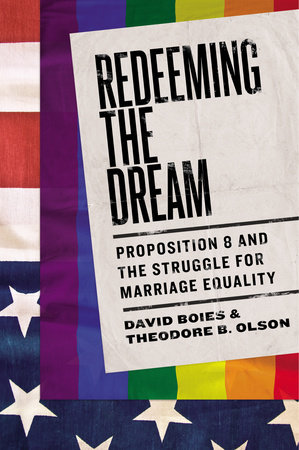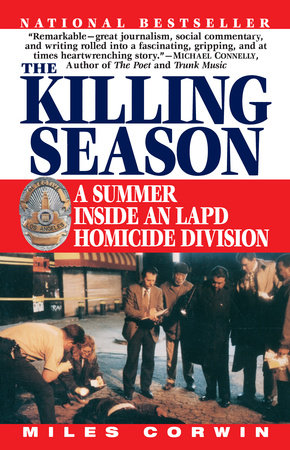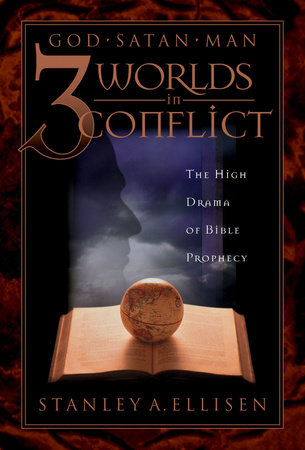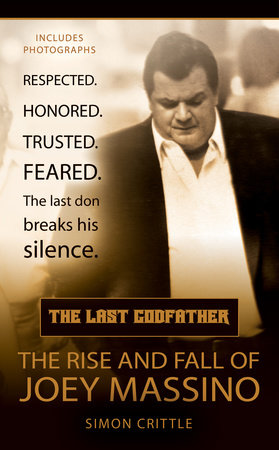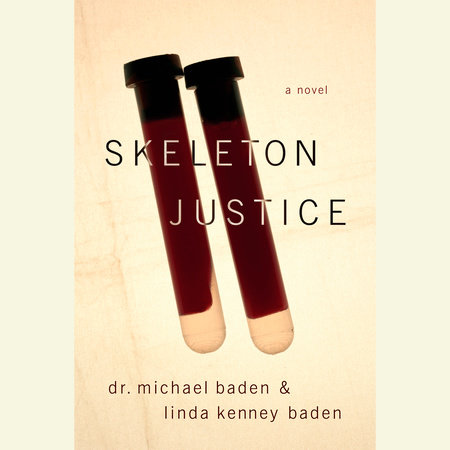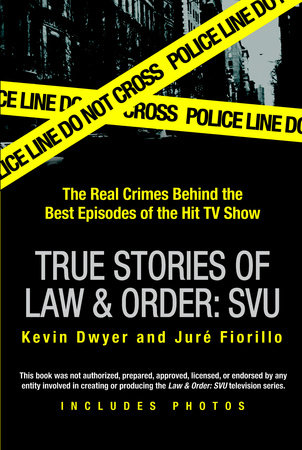Author Q&A
Where did the idea for the Vampire come from?
Many times in today’s world the hysteria surrounding a crime creates fear, headlines, and sleepless nights. What better nightmare could there be than strangers having their blood sucked from them as they engage in everyday, normal activities? Since we are big fans of 1930s horror movies, including Dracula starring Bela Lugosi, we thought it fitting that there be a tug-o-war between fact and fiction.
What sparked your interest in the DirtyWar?
Between 1976 and 1983, the Argentine government attempted to eradicate all dissident voices from the country. They did this through a campaign that included savaging families and kidnapping children. These children were called "los Desaparecidos" (the disappeared). Investigations into what happened to these children were triggered by grandmothers crying out for forensic science to solve both thewhereabouts and the identity of the missing children. Michael was consulted in the "los Desaparecidos" cases. Subsequent international outrage and releases of secret government documents revealed that the parents of these children had been killed and the babies placed with generals and other high ex-Peron officials and raised as their own. DNA was very helpful in matching grandparents with the kidnapped grandchildren who assumed incorrectly that their parents were their biological parents.
Are any aspects of the Vampire’s crimes inspired by your real-life work?
Yes. Michael has had cases where the perpetrator drank the blood of the victim. In fact, several memorable cases involved the killing of a loved one by another loved one, as well as dismemberment of the body and the killer collecting and drinking the blood of the victim. It has been opined by some who study the criminal mind that this ritual may even have a religious significance — drinking the blood of God.
In SKELETON JUSTICE, the authorities are distracted from seeing what is actually happening by a fixation on terrorism and Islamic fundamentalists. Have you seen this happen as you’ve investigated and tried cases?
This type of fixation is "racial profiling." Linda has been involved in the lead case in the United States concerning racial profiling and has tried numerous cases involving discrimination. We both find that once the police fix upon a suspect, it can affect an impartial investigation. Obviously, there are over 230 wrongfully convicted people in this country, as demonstrated by the Innocence Project (www.innocenceproject.org). The people convicted in those cases are victims as much as the actual victims of the crimes. Many times this mindset has resulted in the real criminals going free. Unfortunately, this narrow focus in investigating cases has been around for a long time. In Great Expectations, Charles Dickens pointed out that "The Constables, and the Bow Streetmen from London, for, this happened in the days of the extinct red-waistcoated police were about the house for a week or two, and did pretty much what I have heard and read of like authorities doing in other such cases. They took up several obviously wrong people, and they ran their heads very hard against wrong ideas, and persisted in trying to fit the circumstances to the ideas, instead of trying to extract ideas from the circumstances."
The press plays an interesting role in the book, advancing theories before real conclusions are reached, inciting some public fear, and complicating matters for Manny and Jake (and the suspects). Do you feel the press can interfere in these ways when it comes to actual cases, as they do in SKELETON JUSTICE?
"The press, Watson, is the most valuable institution if you know how to use it." So said Sherlock Holmes. However, the press now needs to use legal cases for their benefit also. In George Clooney’s 2005 film about Edward R. Murrow, Good Night and Good Luck, the hero will risk his own popularity, future and livelihood for principles, ethics and truth. Today the media’s job involves obtaining Nielsen ratings in the TV world and selling newspapers in the print world. We believe that traditional reporting has become, in many instances, exploitative. In this country, the media many times will use the emotional value of a potentially high profile case early on–often assisted by leaks from police and district attorneys–before conclusions are reached, thereby not only polluting the jury pool and vilifying those who disagree, but often leading to the trumping of science by emotions. Since both of us do commentary on TV, we try to be as objective as possible and relay to the viewer the undisputed facts and the actual science.
What’s next for Manny and Jake?
Manny and Jake will return in Dead Storage. As with Remains Silent and Skeleton Justice, one of the backdrops to the case they will work on will be a historical wrong. In this way, we hope future generations, through Manny and Jake, will not forget past injustices. Without giving away too much, there will be some interesting surprises about who Manny and Jake really are in the next book.
What are you working on in your non-writing lives these days?
Michael has been working on a number of cases of United States military personnel brought up on court marshal charges for killing Iraqis–the intent by U.S. officials is that these trials will help pacify local villages, where autopsy evidence is often incorrect. In fact, Michael has been to Kuwait and Iraq, flak jacket, hard helmet and all. Linda was asked by the Innocence Project to assist in the retrial of the case, on a pro bono basis, of Tennessee v. House, a high profile murder case where the defendant is a man named Paul Gregory House. Mr. House’s murder conviction was reversed after he spent twenty years on death row. The United States Supreme Court granted him a new trial on the basis that the DNA found on the victim did not match Paul Gregory House. It is important that the local public defender and I attempt to right this injustice and obtain either a dismissal of the charges against Mr. House or a not guilty verdict by a jury of his peers. Mr. House is very sick with Multiple Sclerosis and we hope to clear his name completely before his health deteriorates further.
UPDATE ON PAUL GREGORY HOUSE, May 12, 2009: This morning, the judge dismissed the murder case against Paul Gregory House wherein Mr. House had maintained his innocence for twenty-two years. In part based on DNA evidence, the United States Supreme Court concluded in 2006 that "no reasonable juror would have found House guilty." Based on additional investigation given to the prosecutor by the defense along with several more rounds of DNA testing performed by the State — all which turned out to be even more exculpatory — the State of Tennessee finally agreed with the defense and asked that all charges be dropped. This has probably been the most important case Linda has worked on in recent years as it shows that people who were once thought to be guilty in the media and the press can be proven innocent decades later based on science and the diligent work of defense attorneys.
We are also working on curating an art exhibit with a short documentary that involves photographs, artifacts and other historical documents, along with a hands-on installation which allows patrons to physically see what it’s like to be a witness, investigator and juror in a criminal case, and to understand why wrongful convictions occur. Additionally, we hope thatManny and Jake will be on a TV screen soon as we helped draft several screenplays for a weekly series pilot.
You have a large collection of crime memorabilia – including the original “alienists” notes concerning Richard Loeb, of Leopold and Loeb, as well documents related to presidential (or other) assassinations and the only death warrant Bill Clinton signed off on as Governor of Arkansas. Any new additions that excite you?
Fittingly enough, we now own a first edition of Dracula by Bram Stoker, along with an original French lithograph of a bat skeleton. We have also added several Presidential warrants for pardons.



